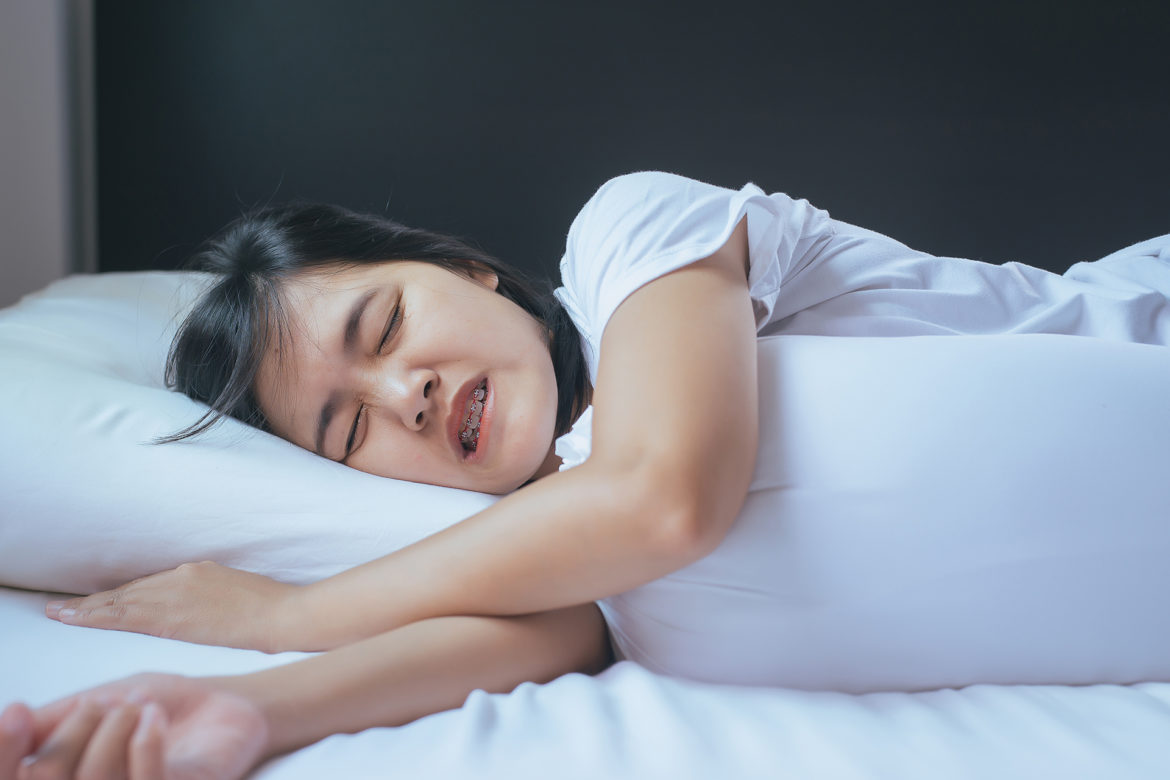The more you stress, the more you can clench.
The phenomenon of clenching or grinding your teeth is known as bruxism, and it typically occurs subconsciously either
while you’re awake or asleep.
“If it’s done in the daytime, it’s called clenching,” said Paramvir Dhariwel, dentist at River East Dental Group.
“Grinding of the teeth is done during the nighttime.”
Awake bruxism can also be referred to as diurnal bruxism, meaning daytime, said Matthew Lark, dentist and orofacial
specialist at Oak Openings Dental in Toledo. Nocturnal bruxism is the second type of bruxism, occurring while people
are sleeping.
“Bruxism can be subconscious, which is not a habit,” he said. “Or conscious, which is a habit.”
Causes of clenching
“They can do that by either squeezing their jaw together; that is a form of bruxism when someone puts an overload of
pressure on the teeth, the gums, the bone structure, and the muscles,” said E. Roy Finley, dentist at Finley
Dentistry in Toledo. “It involves grinding where you’re taking your lower jaw and you’re going back and forth.”
One of the main causes of bruxism is stress, the dentist said, and it has become even more prevalent since COVID-19.
“These days, unfortunately, there’s a lot of stress in our environment, a lot of stress in our lives,” said Nadeem
Khan, dentist at Great Smiles Family Dentistry. “I’ve seen it early as middle kids that are legitimately [bruxing]
due to stress.”
Along with stress, other risk factors include anxiety, lifestyle habits like smoking, drinking alcohol, and consuming
excessive amounts of caffeine.
“Daytime bruxism has a few causes,” Dr. Lark said, who is one of only five orofacial pain specialists in Ohio. “Which
is a neurofunction which can be habitual. Also, it’s subconscious and if you get under high stress, sometimes that
bruxism increases.”
Neurological problems, such as tardive dyskinesia, a disorder that causes involuntary facial tics, can cause bruxism
Dr. Lark said, along with people that have suffered a brain injury.
“You see [bruxism] in people that have experimented with rave drugs, which are amphetamines and crystal meth.” he
added. “These are people that it changes their basal ganglia in their brain and can cause bruxism.”
Research shows that sleep apnea has a correlation with teeth grinding, meaning people can have both conditions,
according to The Cleveland Clinic. Although it’s unclear if there is causation between the two, experts
are continuing to examine their relationship.
“When you have sleep bruxism, you have bruxism from an airway problem. The worse the airway problem gets, the bruxism
actually gets better,” Dr. Lark continued. “Some people who have really severe sleep apnea, they don’t brux much
anymore. It’s the people that are in the pre-apneic stage where most of the bruxing is.”
Who it affects
“We see children that grind their teeth and as long as they have their baby teeth in there, I tend not to treat
that,” Dr. Finley said. “They’re going to get permanent teeth. [Bruxism] can vary anywhere from high school until
they’re old.”
There’s good evidence that child bruxers don’t become adult bruxers, said Geoff Gerstner, professor of dentistry at
University of Michigan School of Dentistry.
“In adults, it tends to occur in people between the ages of 20 and 40,” he added. “It’s more common in sort of the
type A personalities and people with stress.”

